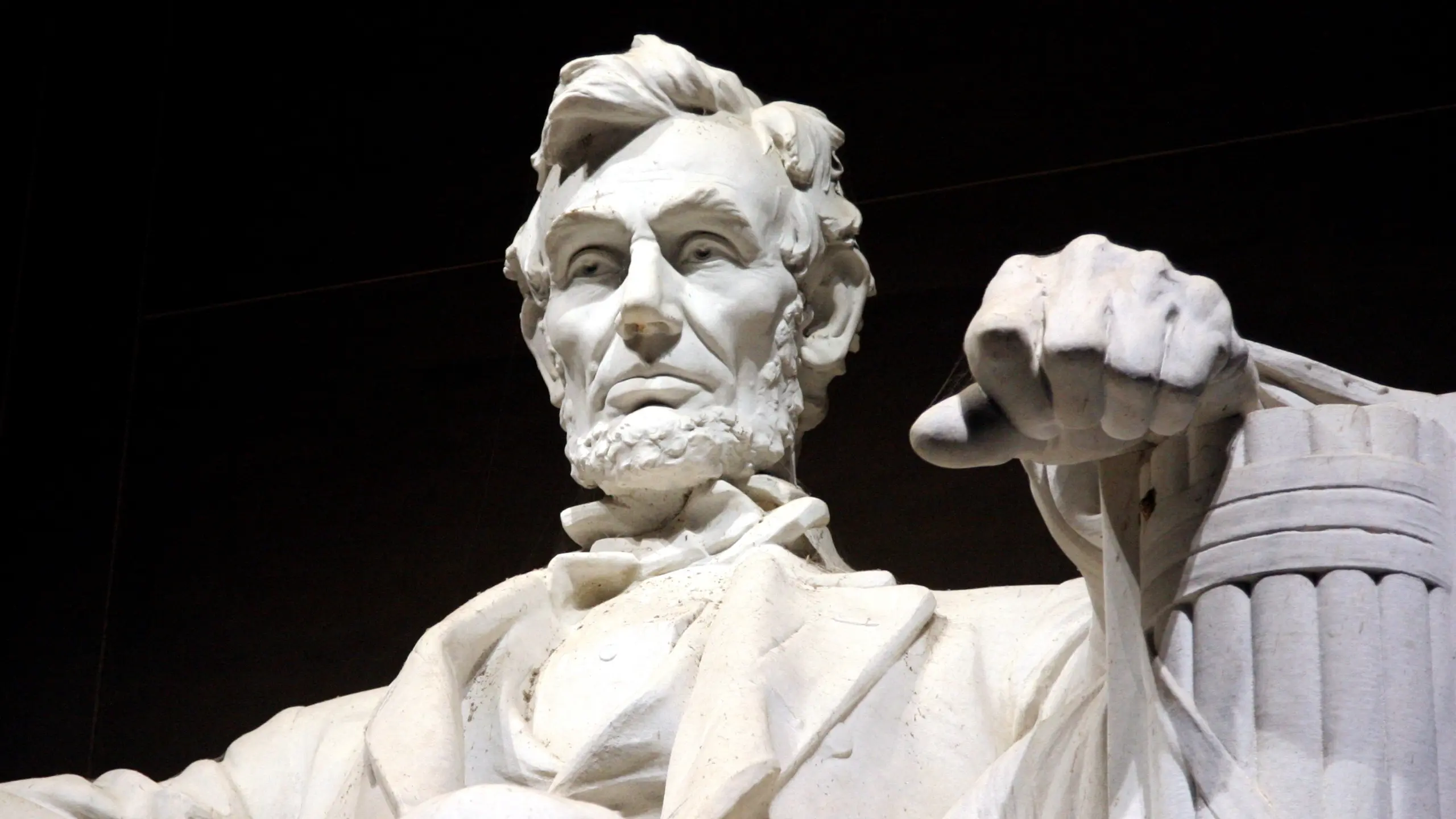Abraham Lincoln, in a bold declaration, famously stated, “A house divided against itself cannot stand” during his speech at the Illinois Republican State Convention on June 16, 1858. This was Lincoln at his finest, accepting the Illinois Republican Party’s nomination for the U.S. Senate and taking a firm stand against the festering issue of slavery.
Today, we live in a house divided. While rivers of blood are not flowing in our nation’s fields, a foreboding sense of chaos and calamity brews within the republic.
The die is cast: Former President Donald Trump is now a convicted felon. The implications of this conviction pivot more on political allegiances than on any shared understanding of justice. Why was the Manhattan hush-money case pursued? We must confront this question if we are to uphold the notion that the United States is a nation of laws, not men. Our justice system is based on the idea that laws are binding and that anyone, regardless of status, can be held accountable. The Declaration of Independence proclaims, “all men are created equal.” Our founding documents abolished the rule of monarchs and established a system of checks and balances admired worldwide.
Yet, when a nation cannot agree on the rule of law and equal justice, its foundations are in danger of collapsing under the weight of partisanship. Is this truly a moment where the justice system has failed completely, or merely a dangerous game played for political and personal gain?
When senators, members of Congress, and those at the pinnacle of government question the legitimacy of the nation’s judicial system, do they genuinely believe it is “rigged,” or is it all performative?
The guilty verdict against Trump is testing those balances of our system of government, from the Capitol to living rooms across the nation. His conviction is a double-edged sword. On one side, it underscores that even a former head of state can be convicted by a jury of peers, signaling the robustness of our judicial institutions. On the flip side, it raises the specter of unprecedented political backlash against these very institutions, especially considering that Trump, a convicted felon, is the presumptive Republican nominee for president.
The American populace is deeply divided over this verdict and likely will remain so. Balancing the principle of equal justice with the risk of politicizing the judicial process is a tightrope walk. Half the nation distrusts the judicial system, spurred by Trump and his allies who have attacked the very fabric of our legal process. The guilty verdicts will likely subject our institutions and norms to severe stress tests that may reverberate for generations.
A YouGov snap poll conducted on May 30, which included responses from 3,040 U.S. adults, found that about 50 percent of Americans agree with the jury’s decision to convict the former president on 34 charges. Around 19 percent were unsure, while about 30 percent disagreed with the decision.
The survey also revealed that about 47 percent of Americans believe the former president received a “fair trial.” Approximately 18 percent were uncertain, and around 37 percent felt he did not receive a fair trial. About two-thirds of Americans (65 percent) believe that Trump has either probably or definitely committed crimes, while 26 percent think he probably or definitely hasn’t. Among Democrats, the overwhelming majority think Trump has likely committed crimes. More astonishingly, Republicans are divided on the issue, with 40 percent saying he has and 50 percent saying he hasn’t. Be wary of early polls. These initial readings are unlikely to be durable indicators of where the nation will stand months from now.
To some, the Manhattan trial represents a triumph for accountability and the rule of law, demonstrating that even a billionaire former president must face the consequences of his actions. To others, it was a charade, a politically motivated takedown of a hated adversary.
Trump’s conviction underscores two critical realities for the nation: American democracy is fragile and under duress.
It is unknown whether this American house will continue to stand, but without a doubt, it is still worth saving. Our nation’s strength lies in its commitment to the rule of law, equal justice, and democratic principles. Despite the turbulence, we must strive to preserve these foundations. In these uncertain times, let us remember Lincoln’s words of warning and work together to ensure that this house, divided though it may be, can still stand strong. The future of our republic depends on our collective will to uphold the values that define us as a nation.





















































